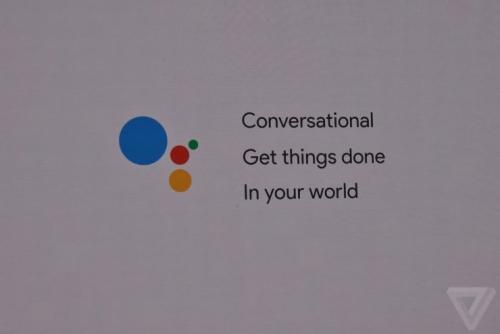Intelligent Personal Assistants (IPAs) like Amazon Alexa, Apple Siri, and Google Assistant are increasingly becoming a part of our everyday. As IPAs become ubiquitous and their applications expand, users turn to them for not just routine tasks, but also intelligent conversations. In this study, we measure the emotional intelligence (EI) displayed by IPAs in the English and Hindi languages; to our knowledge, this is a pioneering effort in probing the emotional intelligence of IPAs in Indian languages. We pose utterances that convey the Sadness or Humor emotion and evaluate IPA responses. We build on previous research to propose a quantitative and qualitative evaluation scheme encompassing new criteria from social science perspectives (display of empathy, wit, understanding) and IPA-specific features (voice modulation, search redirects). We find EI displayed by Google Assistant in Hindi is comparable to EI displayed in English, with the assistant employing both voice modulation and emojis in text. However, we do find that IPAs are unable to understand and respond intelligently to all queries, sometimes even offering counter-productive and problematic responses. Our experiment offers evidence and directions to augment the potential for EI in IPAs.
翻译:智能个人助理(IPAs),如亚马逊亚历山大、苹果Siri和谷歌助理等智能个人助理(IPAs)日益成为我们日常生活的一部分。随着IPA变得无处不在,应用范围扩大,用户转向他们,不仅进行日常工作,而且进行智能对话。在本研究中,我们测量IPA以英语和印地语展示的情感智能(EI),据我们所知,这是以印度语言探索IPA情感智能的开创性努力。我们提出了传达悲伤或愤慨情绪并评价IPA反应的言论。我们在过去的研究基础上,提出了包含社会科学观点(漠视、机智、理解)和IPA特定特征(调音调、搜索方向)的新标准的定量和定性评估计划。我们发现,谷歌助理在印地语展示的EI与英语展示的情感智能相似,而助理则使用印度语调音调和表象。但我们发现IPA无法理解和明智地回应所有查询,有时甚至提供反效果和有问题的反应。我们实验提供的证据和风险的EPA方向。





